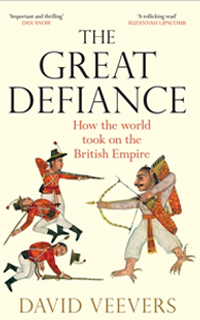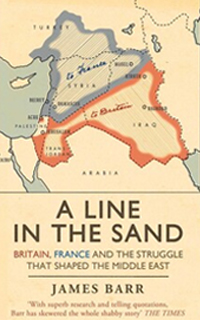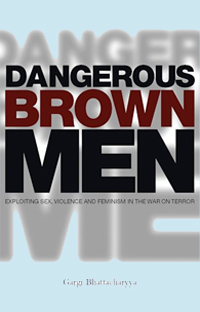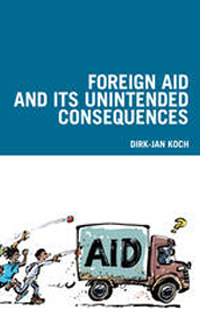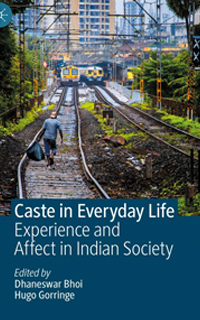Following on from our Summer reads and listens news story, IDS staff and students have put together a new list of essential reading and listening list for 2023.
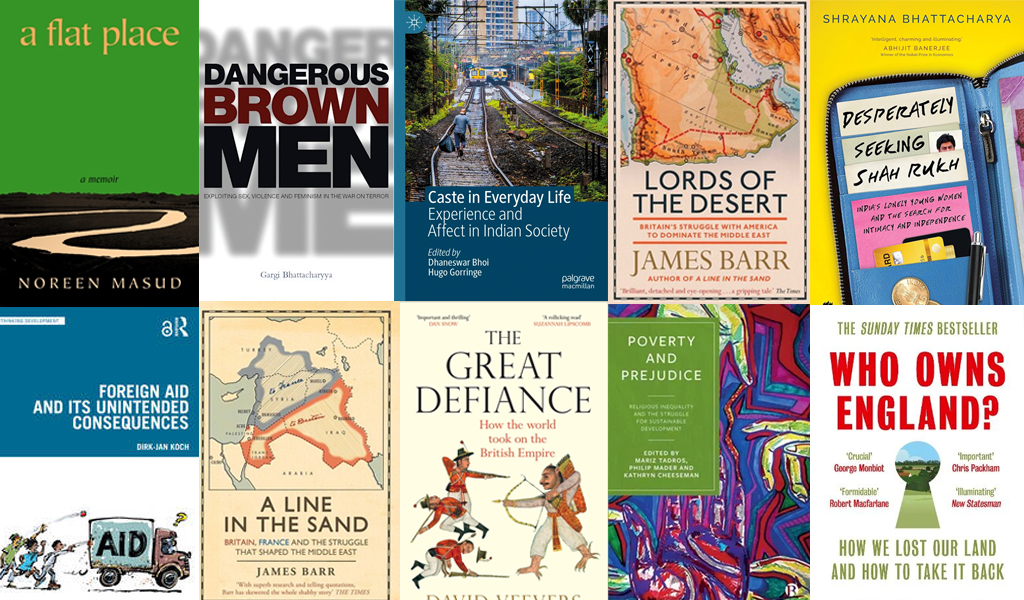
These books and podcasts cover a whole range of themes within development studies: from colonial rule; the conflict in the Middle East; foreign aid; the caste system in India; and universal development with land rights in England. They include fiction and non-fiction titles. All are thought-provoking, not only looking to the past, but also examining issues that will impact development as we move into 2024.
If you have a book or podcast you would like to recommend, then share them on twitter with the hashtag: #IDSReading2023 and tag us at @IDS_UK.
Book recommendations
The Great Defiance
By David Veevers
Mahdi Zaidan, IDS Contracts and Compliance Officer says:
“This book covers the history of resistance to the British Empire. It is thoroughly researched, covering the early years of Irish resistance to British settlements in Ulster to the colonisation of India. It is also well written, with colourful characters and important corrections to the often-overwhelming legacy of British imperial superiority. At a time when decolonisation is becoming a major topic of debate, this book is a treasure. Not only does it document the various instances of resistance to colonial rule, it also outlines the many achievements of the colonised peoples as they encountered British colonists. It dispels many myths and breathes lives into the forgotten people that Britain has conquered”.
A Line in the Sand
By James Barr
Lords of the Desert
By James Barr
Kristofer Ross, IDS Development Masters Student says:
“James first book (A Line in the Sand) explores the historical context of the the conflict in the Middle East, specially the role the UK and France had in division of regions to control and excerpt political power”.
“The second book (Lords of the Desert) in what could be seen as series on the issues of history, tension and political economy between the West and Middle East. The book explores post 1945 and the tensions between the UK and US highlighting key areas of power and conflict”.
A Flat Place
By Noreen Masud
Nathan Oxley, Communications and Impact Manager says:
“A beautifully-written memoir that reflects on the author’s experiences of Britain’s flatlands and memories of a childhood in Pakistan. Touching on personal trauma, colonial and local histories, and the experience and feeling of nature and landscapes, A Flat Place is a unique and fascinating read”.
Dangerous Brown Men
By Gargi Bhattacharyya
Ben O’Donovan, Communications and Impact Officer says:
“Gargi Bhattacharyya considers how the concepts of imperialism, feminism, terror and security can be applied, in order to build on the influential debates about the sexualised character of colonialism. She examines the way in which western imperial violence has been associated with the rhetoric of rights and democracy – a project of bombing for freedom that has called into question the validity of western conceptions of democracy, rights and feminism. Such rhetoric has given rise to actions that go beyond simply protecting western interests or securing access to scarce resources and appear to be beyond instrumental reason. The articulations of racism that appear with the war on terror are animated by fears and sexual fantasies inexplicable by rational interest alone. There can be no resolution to this seemingly endless conflict without understanding the highly sexualised racism that animates it. Such an understanding threatens to pierce the heart of imperial relations, revealing their intense contradictions and uncovering attempts to normalise violent expropriation”.
Foreign Aid and Its Unintended Consequences
By Dirk-Jan Koch
Jeremy Barker, IDS PhD Researcher says:
“Drawing on his years as a development practitioner, academic, and diplomat, Dirk-Jan Koch pushes us to look a little bit closer at the impact of foreign assistance efforts. As he points out, this means going beyond evaluating whether the efforts achieved their intended aims, but looking at the unintended outcomes as well. It’s an engaging book that is succinct, insightful, enjoyable to read, and grounded in many real-world examples. While it is at times a piercing critique, in other moments, he shows how unintended benefits were produced far outside what was envisioned in the program design. For those studying, working, or researching in development studies it is a read well-worth your time”.
Listen to the podcast about this book.
Caste in Everyday Life: Experience and Affect in Indian Society
By Dhaneswar Bhoi and Hugo Gorringe
Chandni Ganesh, Institute of Development Studies MA Gender Student says:
“I was properly introduced to this book when I attended an event organised by the SOAS Ambedkar Society. While I had been familiar with Bhoi’s work, his lecture at the event brought its learnings to life. Each essay in this book presents a much-needed academic exploration of how caste affects the everyday”.
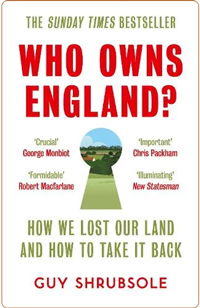 Who Owns England?: How we lost our land and how to take it back
Who Owns England?: How we lost our land and how to take it back
By Guy Shrubsole
Richard Longhurst, IDS Research Associate says:
“Those in the development community who are interested in land policy and reform might want to bring their expertise and experience to bear in examining land policy in England, and can start by reading this book. With increasing pressure on land resources, the secrecy over ownership and use increases, with land policy and use being decided by a very small and powerful elite. Shrubsole researches land ownership with all the tools at his disposal to answer the question in the title of his book. He concludes with ten proposals for land reform in England, including addressing the housing crisis, fixing the farming system, bringing back wilderness to the uplands, curbing the role of corporate capitalism and abolishing feudalism”.
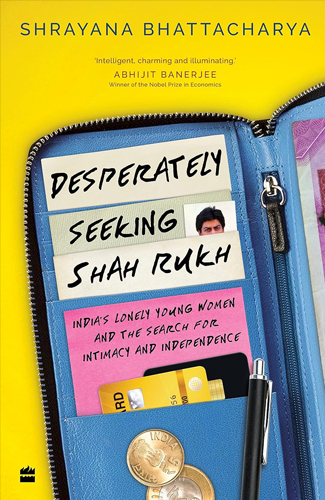 Desperately Seeking Shahrukh
Desperately Seeking Shahrukh
By Shrayana Bhattacharya
Harshita Kumari, Institute of Development Studies MA Gender Student says:
“Desperately Seeking Shahrukh intricately explores the journeys of ‘working women’ in India as they navigate the delicate balance between societal expectations, economic landscapes, and traditional values encapsulated in the term ‘tightrope between markets, modernity, and maryaada’. Shahrukh emerges as an emblematic figure in this exploration, embodying these women’s repository of selfhood, affection, aspirations, and financial agency.
Divided into four sections, the book delves into the intricate complexities of various forms of labor—emotional, cognitive, social, and physical—undertaken by women at the intersection of caste and gender. It offers a non-taxing yet comprehensive depiction of the lives of Indian women across diverse class and caste backgrounds. Moreover, it presents an insightful analysis of India’s challenges concerning the participation of women in the labor force”.
Podcast recommendation
 Indian organising podcast
Indian organising podcast
By One Future Collective
Vandita Morarka, Institute of Development Studies, MA Development Studies student says:
“Organising has been the lifeblood of development change and it is not new to our country. The Indian Organising Podcast, hosted and produced by Haiyya and One Future Collective, showcases stories of Indian organisers and development leaders from across India, who are responding to and undertaking urgent work on various development issues, ranging from environment and climate change to sexual and reproductive health and rights, disability rights, as well as gender and politics. The podcast is a humble effort to visibilise, document, and honour the tireless work these campaigners and organisers continue to do because no one is free, until we are all free”.
‘
Recent books from IDS Researchers
Poverty and Prejudice: Religious Inequality and the Struggle for Sustainable Development
Edited by Mariz Tadros, Philip Mader and Kathryn Cheeseman
Using Participatory Methods to Explore Freedom of Religion and Belief: Whose Reality Counts?
Edited by Joanna Howard and Mariz Tadros
Digital Citizenship in Africa: Technologies of Agency and Repression
Edited by Tony Roberts and Tanja Bosch
Pastoralism, Uncertainty and Development
By Ian Scoones
Related material
IDS, along with our project partners, publishes a range of publications each year, many of which are open access and can be found on our core websites:
- IDS Publications . Our world-class research brings an understanding of people’s lived experiences to policy and practice.
- The IDS Bulletin. The IDS Bulletin is an open access, peer-reviewed journal focusing on international development. In continual publication since 1968, it has a well-established reputation for intellectually rigorous articles developed through learning partnerships on emerging and evolving development challenges presented in an accessible manner in themed issues that bridge academic, practice and policy discourse.
- IDS Between the Lines podcast. This podcast series explores ground-breaking ideas in development for positive social and environmental change. Each month we feature an interview with an expert in international development who will talk about their latest research and ideas. Episodes content could feature authors of new books, IDS research or interviews with special guest stars.
Find out more from IDS
Sign-up to our newsletters to get our research and publications delivered to your inbox.

